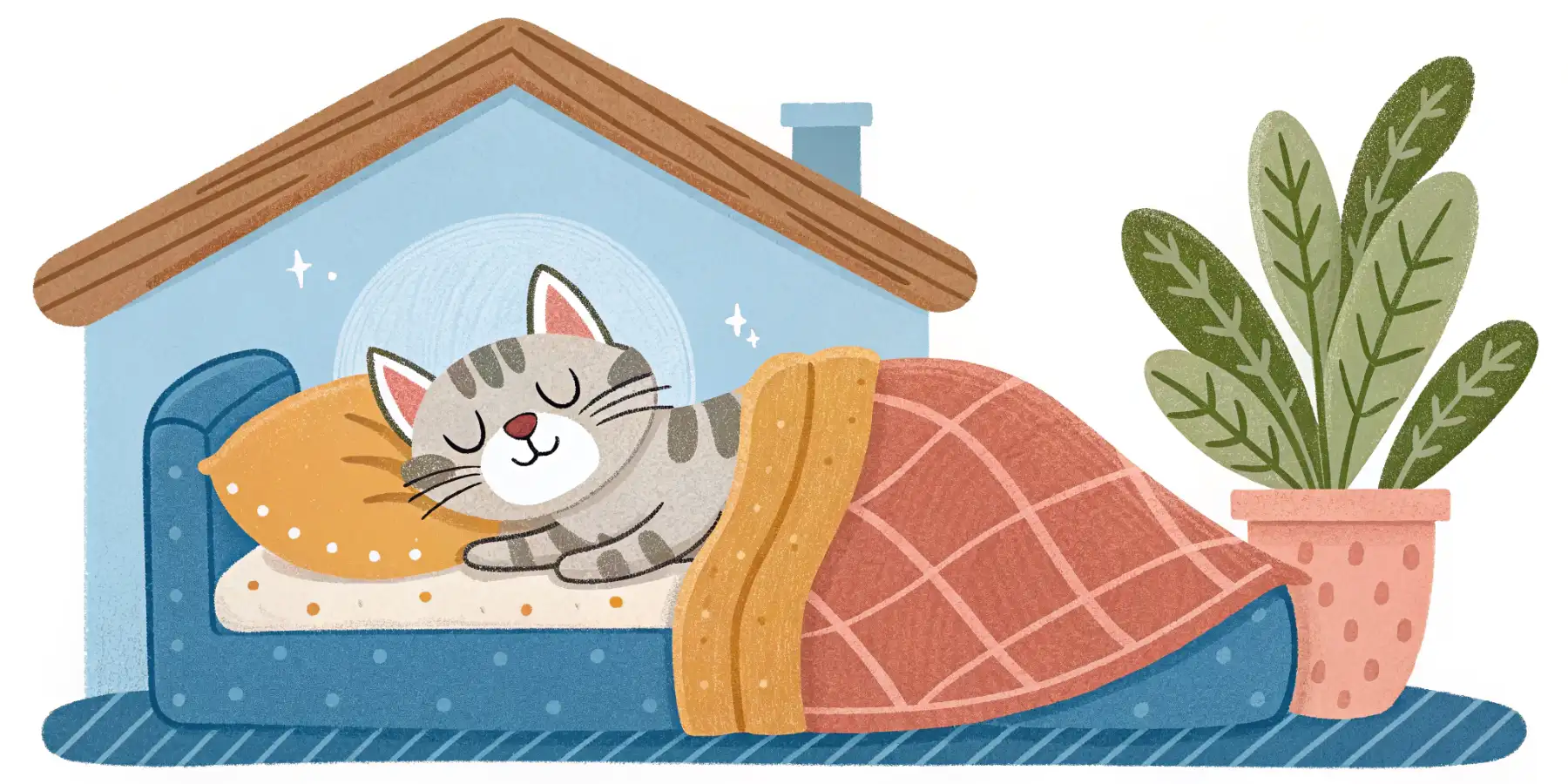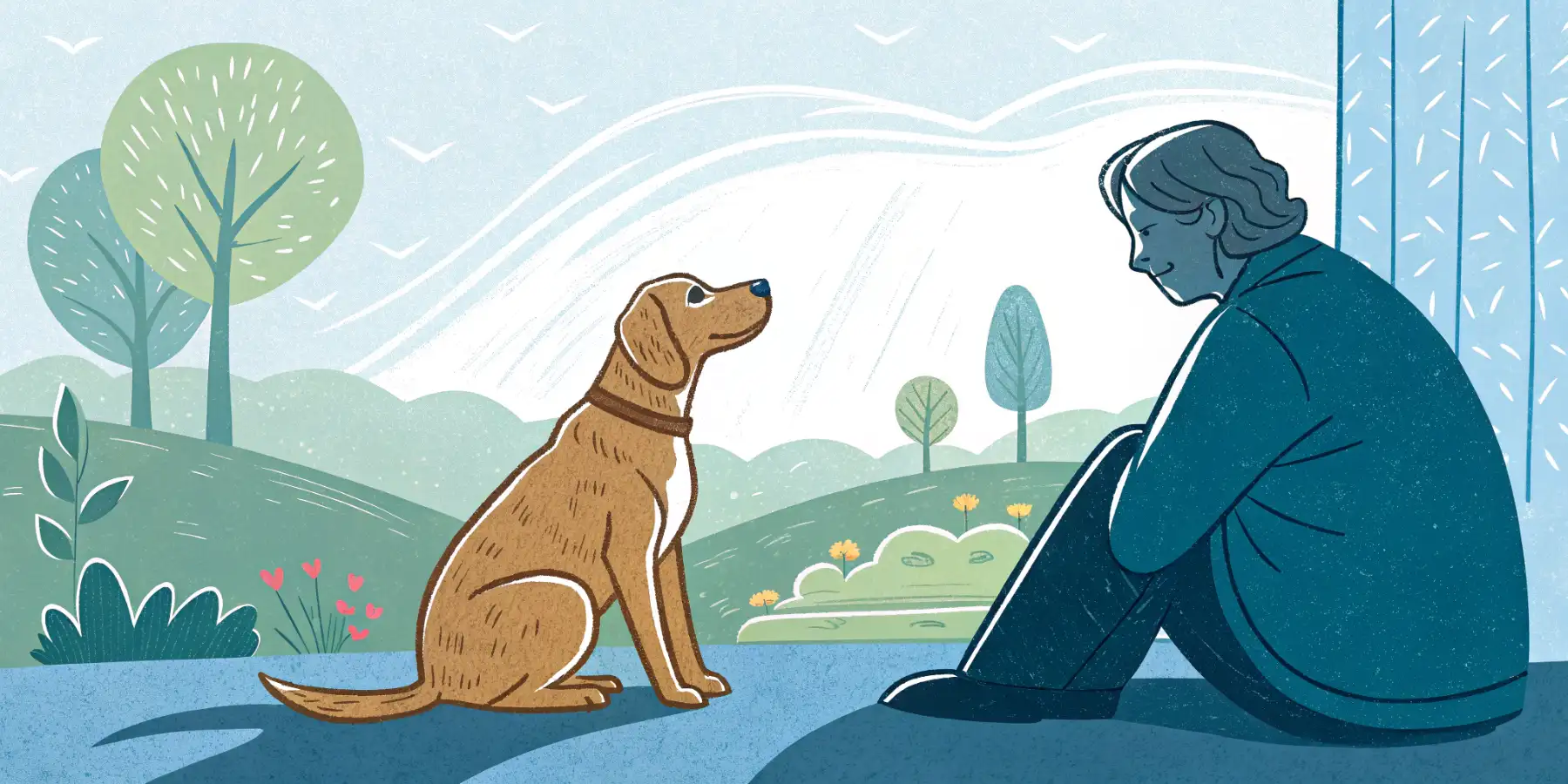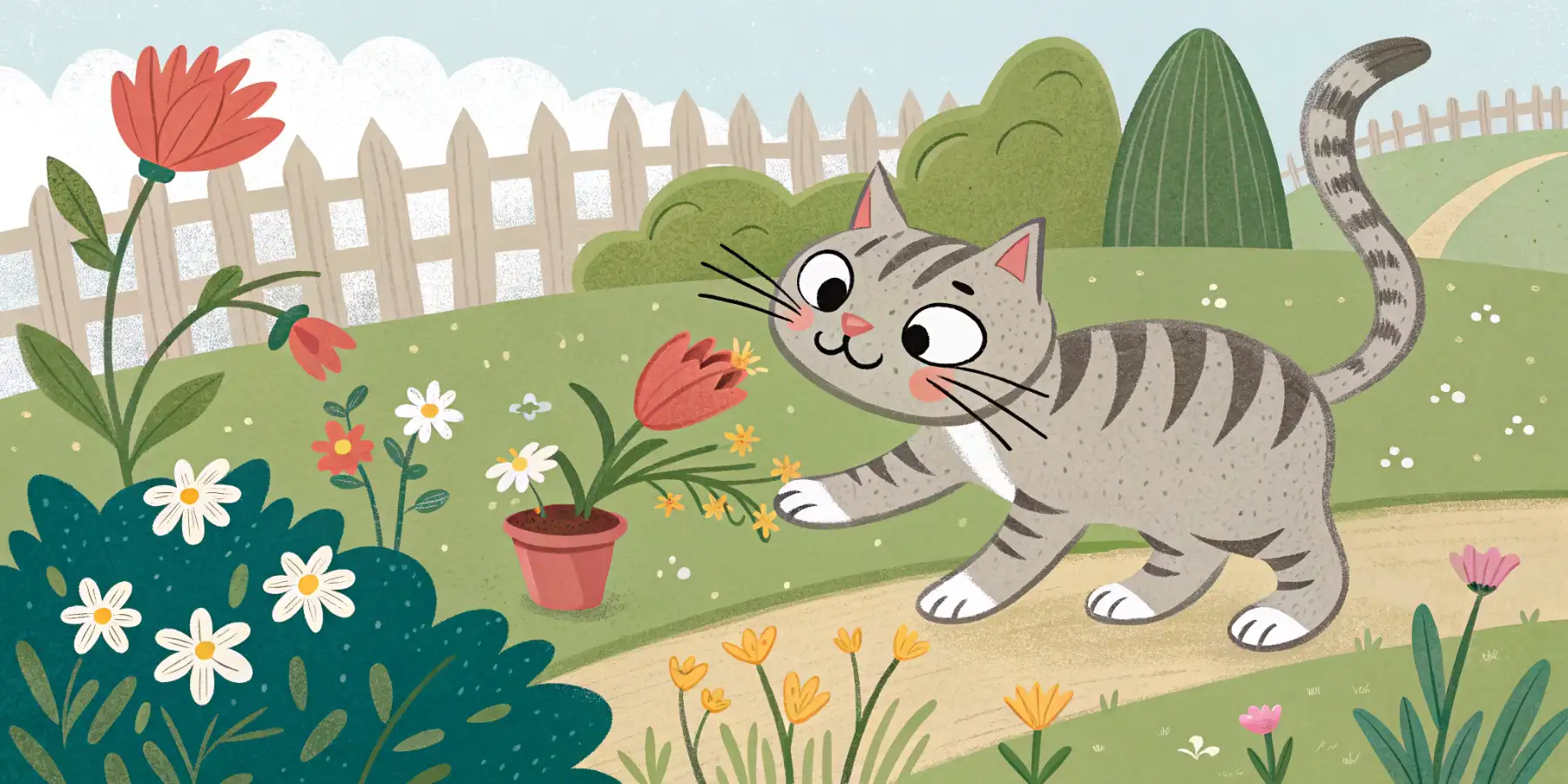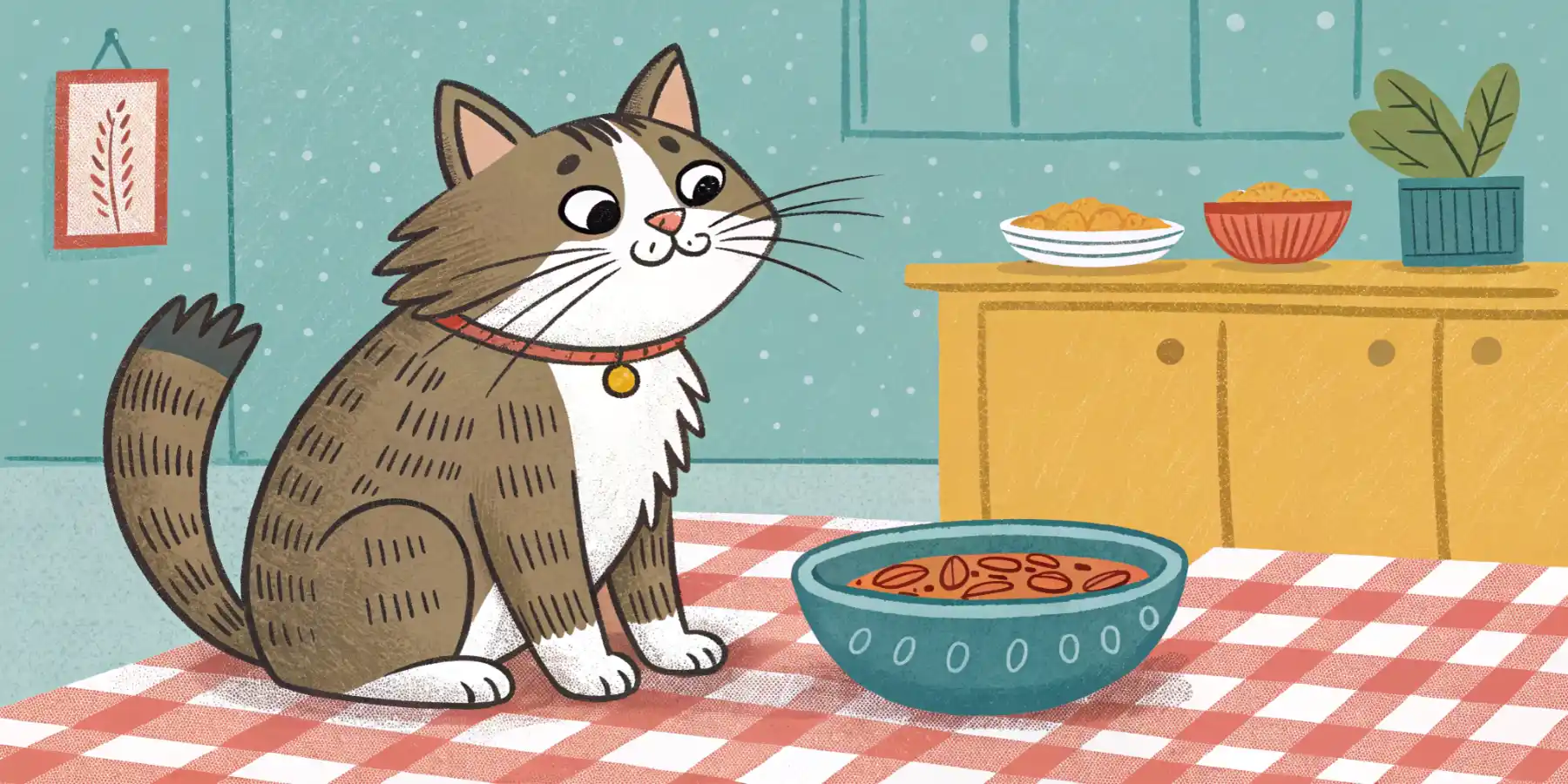
Senior Cat Nutrition: Diet for a Long, Happy Life
Is your senior cat slowing down? Learn how proper **cat nutrition** can boost their health & happiness in their golden years! #seniorcat
Senior Cat Nutrition: Dietary Adjustments for Health and Longevity
As cat owners, we all want our feline companions to live long, happy, and healthy lives. One of the most crucial aspects of ensuring their well-being as they enter their golden years is understanding and adjusting their nutritional needs. Senior cats, typically those over the age of seven, have different dietary requirements than younger cats, and providing the right food can significantly impact their health and longevity. This blog post will delve into the specifics of senior cat nutrition, offering practical advice and insights to help you make informed choices for your aging kitty.
Understanding the Nutritional Needs of Senior Cats
Aging brings about several physiological changes in cats that affect their nutritional needs. Metabolism slows down, muscle mass decreases, and digestive function can become less efficient. Conditions like kidney disease, arthritis, and diabetes become more prevalent, further impacting their dietary requirements.
-
Protein: Many pet owners worry about protein intake in senior cats, and it’s a valid concern. Contrary to old beliefs, senior cats often need more highly digestible protein than younger cats to maintain muscle mass. Look for cat foods with named meat sources as the primary ingredient (e.g., chicken, salmon, or turkey). Protein helps support muscle mass and overall vitality. In my experience, a diet deficient in protein can lead to muscle wasting and weakness in older cats, negatively affecting their mobility and quality of life.
-
Fat: Healthy fats are essential for providing energy and supporting cognitive function. Omega-3 fatty acids, in particular, have anti-inflammatory properties that can benefit cats with arthritis. Look for foods that contain fish oil or flaxseed oil as sources of omega-3s.
-
Carbohydrates: Cats are obligate carnivores and don’t require a high carbohydrate intake. However, some carbohydrates are necessary for energy. Choose foods with easily digestible carbohydrates like rice or oats. Avoid foods with high levels of corn, wheat, or soy, as these can be harder for senior cats to digest, potentially causing digestive upset.
-
Fiber: Adequate fiber intake is crucial for maintaining healthy digestion and preventing constipation, a common issue in senior cats. Beet pulp and psyllium are good sources of fiber. I’ve found that a little added fiber can work wonders for cats that are having trouble with regular bowel movements.
-
Vitamins and Minerals: Senior cats may have difficulty absorbing certain vitamins and minerals. Look for cat foods that are specifically formulated for seniors and contain antioxidants like vitamin E and vitamin C to support immune function.
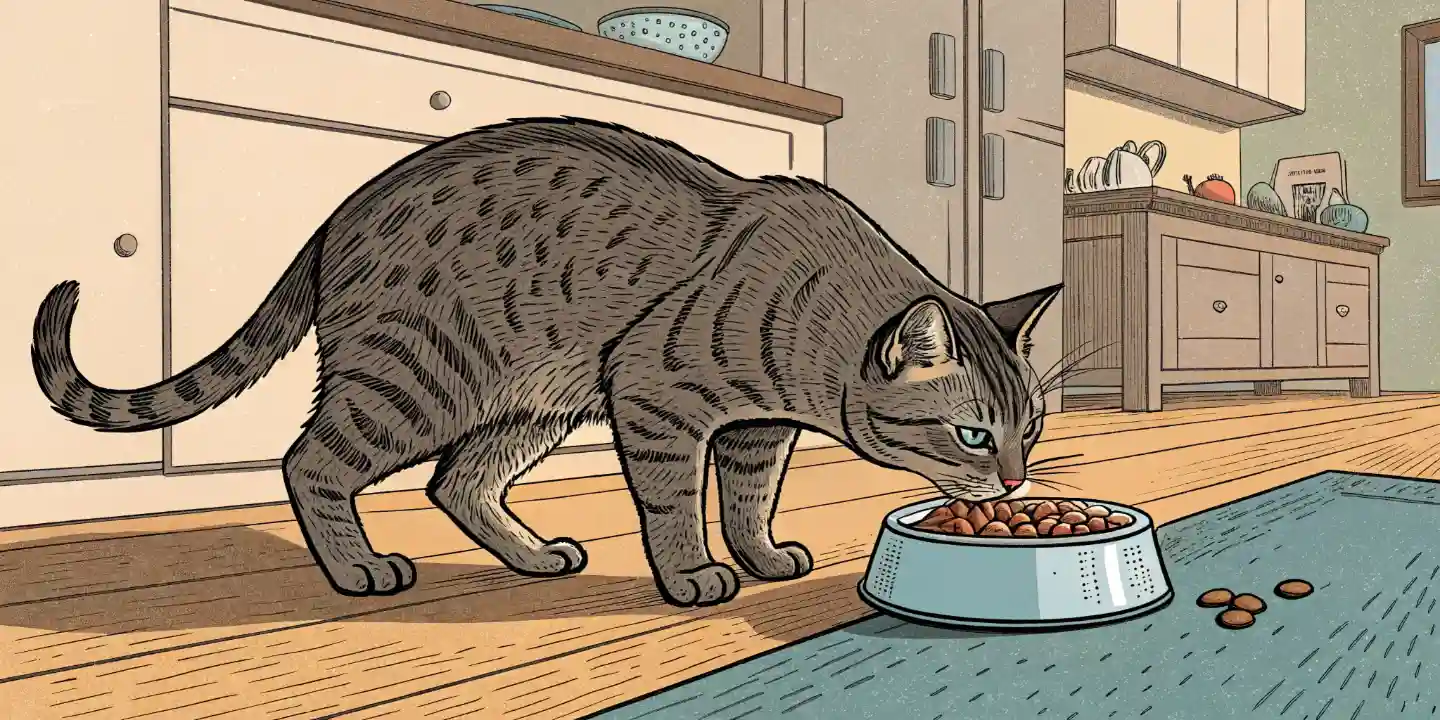 A senior cat enjoys a meal specially formulated for their dietary needs.
A senior cat enjoys a meal specially formulated for their dietary needs.
Dietary Adjustments for Common Senior Cat Health Conditions
Senior cats are more prone to certain health conditions that may require specific dietary adjustments:
-
Kidney Disease: Chronic kidney disease (CKD) is a common ailment in older cats. Cats with CKD often benefit from a diet that is lower in phosphorus and protein, and moderate sodium levels. Your veterinarian can recommend a prescription kidney diet that is specifically formulated to manage CKD. Ensure your cat has constant access to fresh, clean water. Consider investing in a cat water fountain as they are generally more appealing to cats and encourage hydration.
-
Arthritis: Omega-3 fatty acids, glucosamine, and chondroitin can help reduce inflammation and support joint health in cats with arthritis. Choose a food that contains these ingredients, or consider adding a supplement to your cat’s diet. Keeping your cat at a healthy weight is also crucial, as excess weight puts added stress on their joints.
-
Diabetes: Diabetic cats require a diet that is low in carbohydrates and high in protein. Again, your veterinarian is your best resource for finding the right food. This helps regulate blood sugar levels. Some diabetic cats may also require insulin injections to manage their condition.
-
Dental Problems: Dental disease is common in senior cats, which can make it difficult for them to chew hard kibble. Consider switching to a wet food diet or softening dry kibble with water. Regular dental checkups and cleanings are also essential for maintaining oral health.
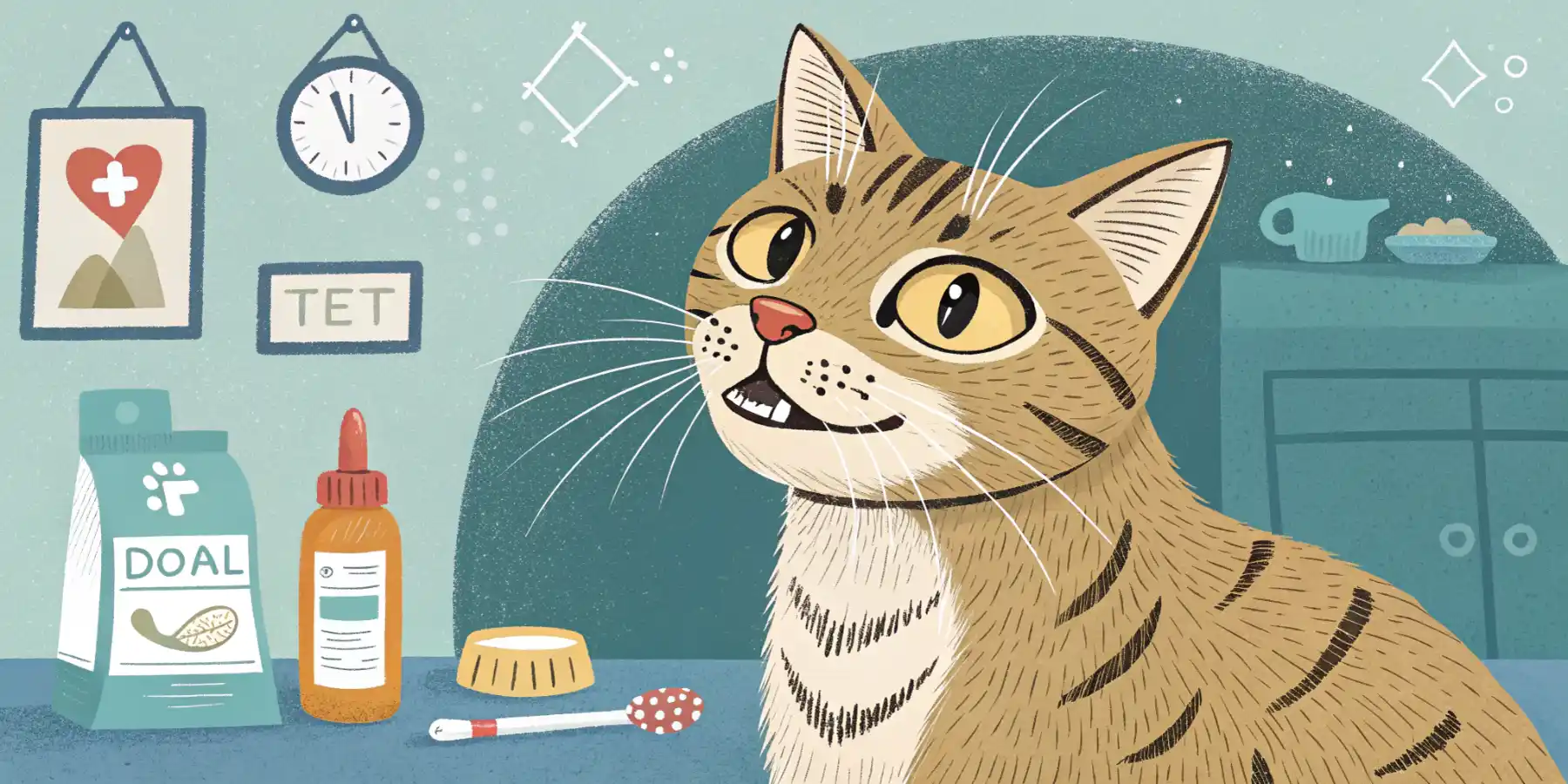 An older cat with dental issues, highlighting the importance of dental care for senior felines.
An older cat with dental issues, highlighting the importance of dental care for senior felines.
Feeding Strategies for Senior Cats
Beyond choosing the right food, how you feed your senior cat is also important:
-
Portion Control: As metabolism slows down, senior cats are prone to weight gain. Measure your cat’s food carefully and avoid free-feeding. Feed them measured portions twice a day to help maintain a healthy weight. Overweight or underweight cats are at higher risk of developing health problems.
-
Multiple Small Meals: If your cat has digestive issues or a poor appetite, try feeding them multiple small meals throughout the day. This can be easier for them to digest and may encourage them to eat more.
-
Easy Access to Food and Water: Make sure your cat can easily access their food and water bowls. If they have arthritis, consider raising the bowls to a comfortable height.
-
Observe Eating Habits: Pay close attention to your cat’s eating habits. Any changes in appetite, weight loss, or difficulty eating should be reported to your veterinarian.
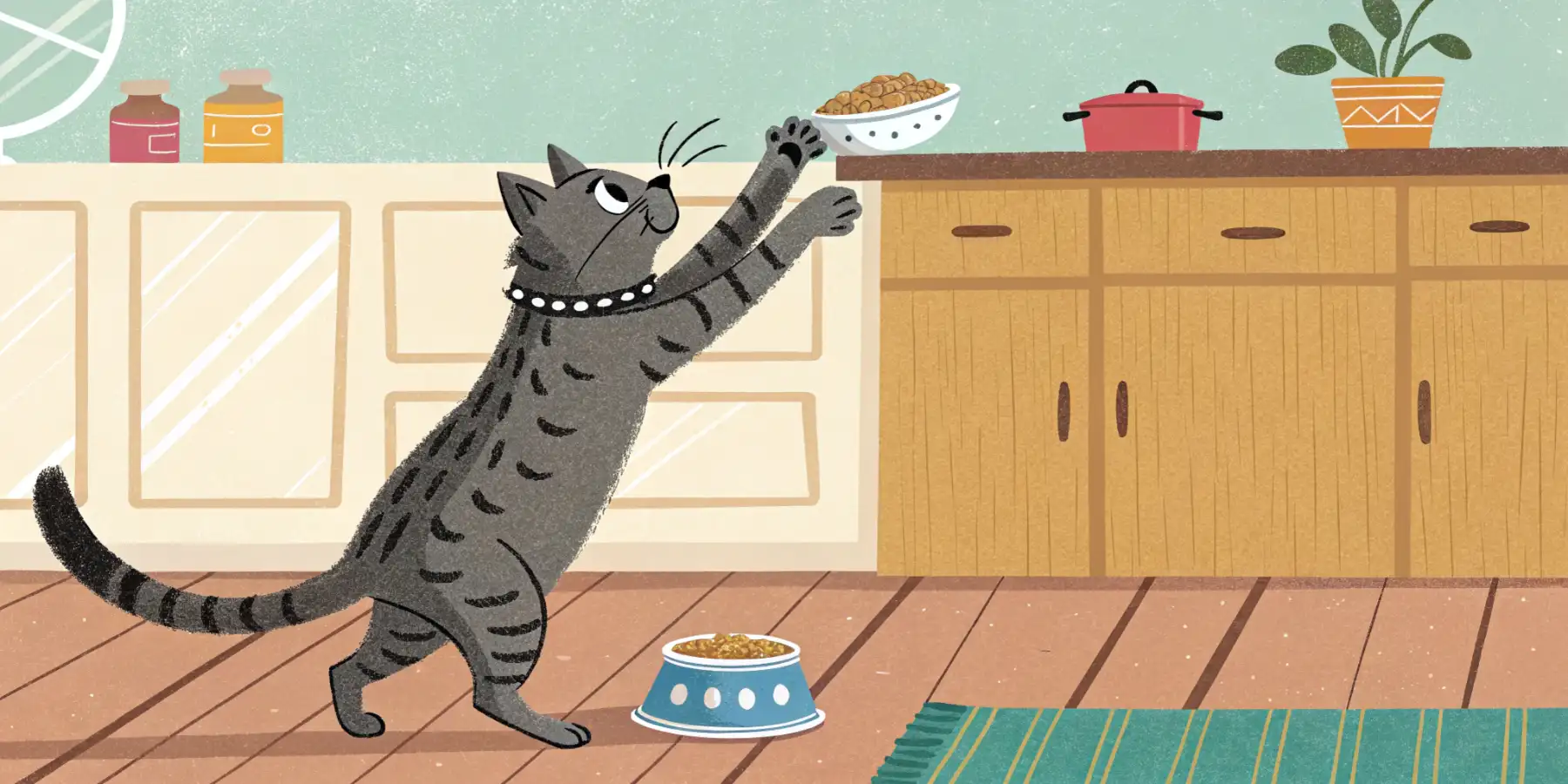 A senior cat easily eats from a raised food bowl, a helpful adaptation for cats with arthritis.
A senior cat easily eats from a raised food bowl, a helpful adaptation for cats with arthritis.
Transitioning to a Senior Cat Food
When transitioning your cat to a senior cat food, do so gradually over a period of 7-10 days. Start by mixing a small amount of the new food with their old food and gradually increase the proportion of the new food until they are eating it exclusively. This helps prevent digestive upset. Remember to always consult with your veterinarian before making any significant changes to your cat’s diet. They can assess your cat’s individual needs and recommend the best food for their specific health condition and lifestyle. I believe that a proactive approach to nutrition, coupled with regular veterinary checkups, is the key to ensuring your senior cat enjoys a long, healthy, and happy life. Remember, adapting your cat’s diet to meet their changing needs is an act of love that will contribute to their overall well-being during their golden years.
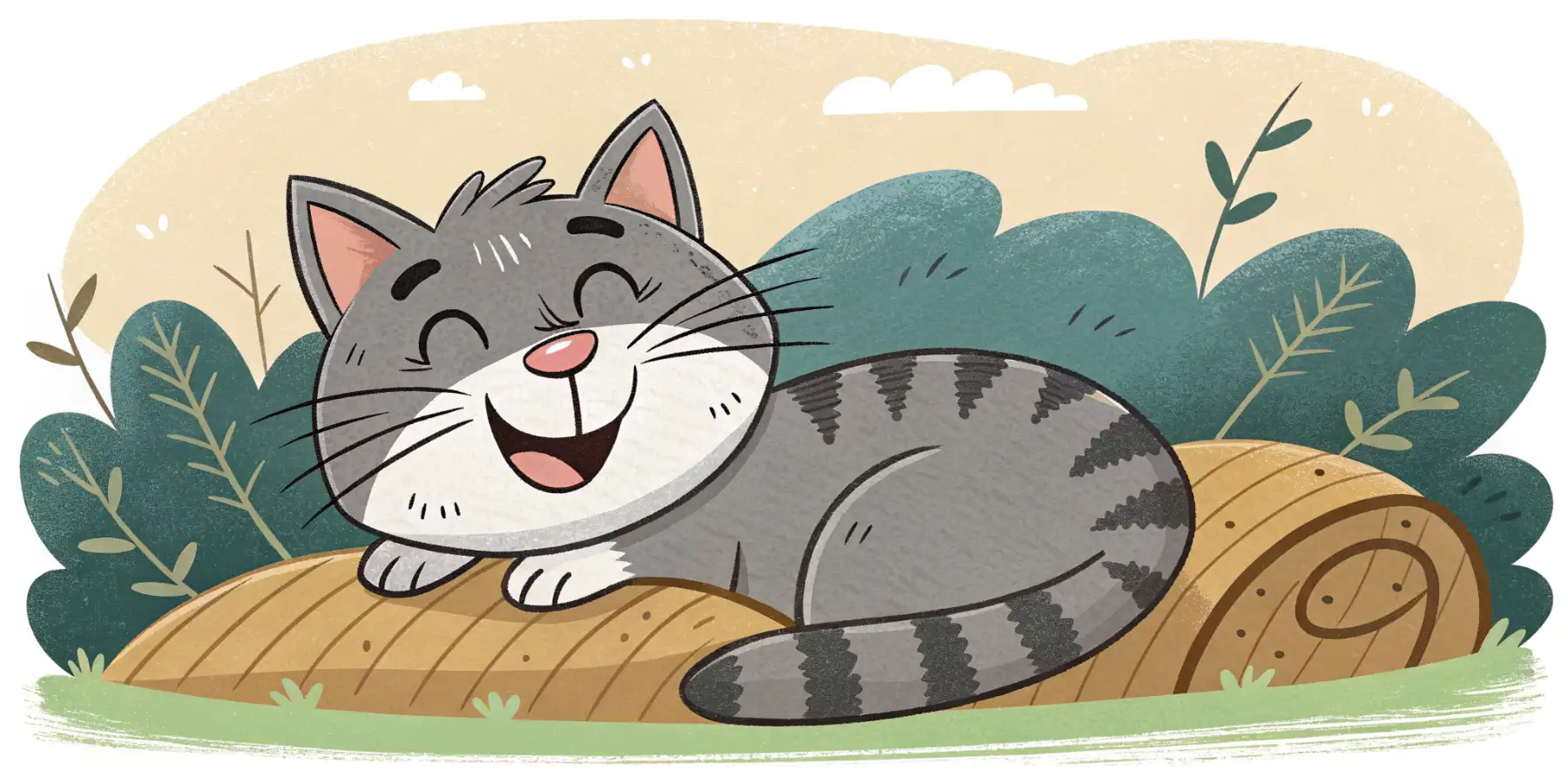 A content senior cat enjoys the comfort and care of a loving home, emphasizing the importance of attention to their needs.
A content senior cat enjoys the comfort and care of a loving home, emphasizing the importance of attention to their needs.
